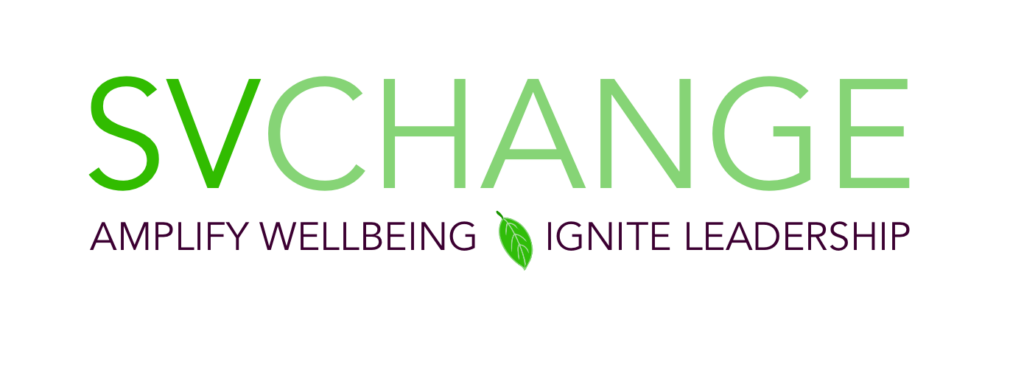Say hello to Giselle Timmerman, a master in the art of wellbeing. Having studied under renowned thought leaders like Martin Seligman, Giselle graduated from the pioneering class in Applied Positive Psychology from the University of Pennsylvania. Subsequently, she ventured into various roles as a professor, consultant, and leadership coach. What makes her relatable is her practical approach to well-being. She understands the challenges faced by leaders and teams, as she has worked extensively with organizations like Vistaprint to improve team well-being and address burnout.
Warning Signs of Burnout
Ah yes, burnout – that heavy feeling that seems to be more and more common these days, right? Now, picture this: you’re a team leader or a manager and you notice that one of your team members, or perhaps even the team as a whole, seems a little off. It’s subtle, maybe an air of exhaustion or cynicism at first, but it starts to become increasingly noticeable. And you, being the attentive and caring leader that you are, start wondering, “could it be burnout?” Recognizing the signs of burnout is vital in maintaining the efficient functioning of the team and ensuring the well-being of each member. Burnout can lead to disengagement, decreased productivity, and an overall waning of team morale if not properly addressed in a timely manner. On the podcast, Giselle Timmerman laid out some of the classic signs of burnout: exhaustion, cynicism, and a feeling of inefficacy. These signs can manifest differently among different individuals and if left unattended can spiral into serious issues. She provided some insightful clues to identify burnout like sleep disruptions, headaches, issues with managing multiple responsibilities, isolation and withdrawal. How crucial it is, then, for us as leaders to be vigilant and attentive to these signs!
Impact of Positive Psychology
You might have heard the term ‘positive psychology’ buzzing around lately. It is, in essence, the study of what makes people tick – particularly focused on our strengths and virtues. A sprinkle of positive psychology could be exactly what your team needs to amp up productivity and resilience. A team that carries an optimistic outlook, celebrations of success, and a space for gratitude can show better resilience and motivation. Giselle Timmerman brought up some fascinating research during the discussion. She referenced findings on how a leader’s positive outlook could trickle down to the entire team, significantly impacting the overall optimism and resilience! Not only that, but she also highlighted Margaret Greenberg’s intriguing work on emotional contagion where a leader’s mood can influence the team in less than seven minutes! Now, that’s some powerful stuff!
Wellbeing as a Team Sport
You’ve probably heard the saying, “There’s no ‘I’ in ‘TEAM'”. Well, there is an “I” in “TEAM RESILIENCE”. Opening up pathways to a healthier and happier work environment starts with yourself. Team well-being is the sum of each individual’s well-being and is a collective and cooperative effort. When a team focuses on nurturing well-being, it fosters an environment where everyone feels individually valued and supported. We have a shared responsibility for both our own well-being and the well-being of our colleagues and our teams, leading to greater team resilience and trust.
Remember, as team leaders and managers, we have the power to cultivate trust within our teams and reap the benefits of improved team resilience and thriving well-being. Let’s create an environment where trust becomes the norm and watch as our teams soar to new heights of success.
Want to have a deeper conversation about how to implement these steps? Send me a message, I’d love to hear from you!










